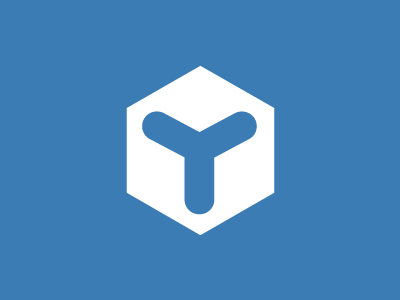Disability and Disabled Are Not Bad Words
- Erin Loughran

- Oct 26, 2018
- 3 min read
Let's do the work!
Let me start this off by saying, “hi, I’m Erin and I’m disabled.” “Hi, Erin.” Ok now that that is settled. Let me tell you why as a disabled human, a person with disabilities, and as a kind and thoughtful soul in a slightly damaged—but never defective—earth suit, it is important to me that this be addressed. Y’all, disability and disabled are not bad words. If you haven’t noticed already, I have been trying to use these words multiple times in this article so far so you see how they can be used in context. (Tricky? Maybe. I used to teach middle school and have many more tools where that came from!) To say is that it bothers me a little, is a bit of an understatement. Y’all disabled people have a lot going on. If you have a disability or you or care for a loved one with a disability—you know this. Usually explaining why someone is disabled includes talking about medical conditions while out and about, and honestly that’s not fun to talk about. Read: 9 times out of 10 it’s not appropriate to talk about out in the world, am I right? Time...place...person. You get it. Speaking purely for myself, my medical diagnoses are complicated, and especially if I’m out, I’m on a mission. Then, talking about said diagnoses would drain my energy and good feels. Which defeats the purpose of me being out in the first place. Two things come to mind here: 1-it’s still emotional to discuss after over two years of knowing about my complex and inoperable brain diseases. Sometimes I can talk about it and feel alright. Mostly though—talking to strangers—it’s a hard ‘no’. 2-peoples eyes glaze over after one minute of explanation. So many acronyms, so little time! Raise your hand if this has happened to you. (Because I see you 100%). So those are some reasons that using “disabled” or “disability” as a descriptor saves time, and emotional baggage. It’s also beneficial when talking about accessibility. Since there are literally so many diseases, conditions, and physical reasons for disability: using it as a descriptor is a way to encourage finding community and commonalities within our differences. Something that YooCanDoAnything is all about!
You can still be awesome and have a disability!
Finally, (and as a heads-up this will get real, real quick) when I see things, like signs or people on social media, that are so intent on NOT using the word disability or disabled, they are straight-up diminishing it. This is what ableism is, something that we need to snap out of—and do the dang work for our marginalized community. Yes, disabled folks are marginalized. Maybe you don’t feel “disabled enough” or you prefer not to even use the word. Disability means you have limitations—and that’s ok! Disabled AND disability are descriptive words that allow people to describe a part of themselves in writing and in everyday language. I’m talking blogs, online dating profiles, when random people ask why you are using a chair (oofda), saying “I’m disabled and I need to make sure (x, y, z) is accessible” when calling ahead to a local shop to verify whatever access you need. Y’all there are zero things wrong with needing modification and relying on accessibility (although accessibility is a topic for another time, because ooof). Do I need to say this? Ok, I am. You can still be awesome and have a disability. You can still do amazing things or even just exist and do your own thing, and be disabled—visible or not. Try saying things like: -I’m disabled and... -he/she/they have a disability and... -they are disabled and awesome! -they have an invisible disability. I get it; we do the best we can with what we have. But if this resonates, you can do better. After all, you can do anything, including adding these words to your vocabulary. Disabled or not. If you yourself have a disability/are disabled, visibly or not, or are a parent of a disabled child, please don’t think of these as bad words. You have enough going on. How do I know? Well, “I’m Erin, and I’m disabled”, remember?























Comments